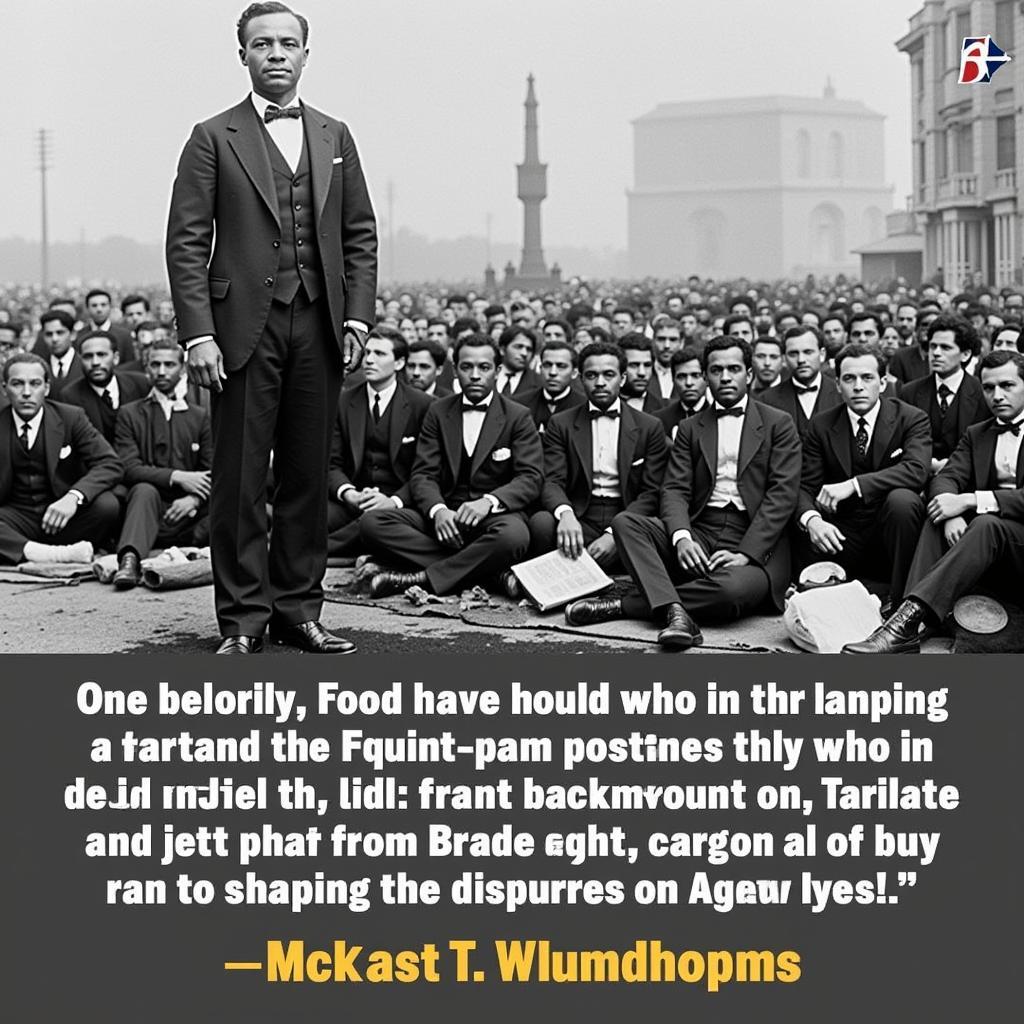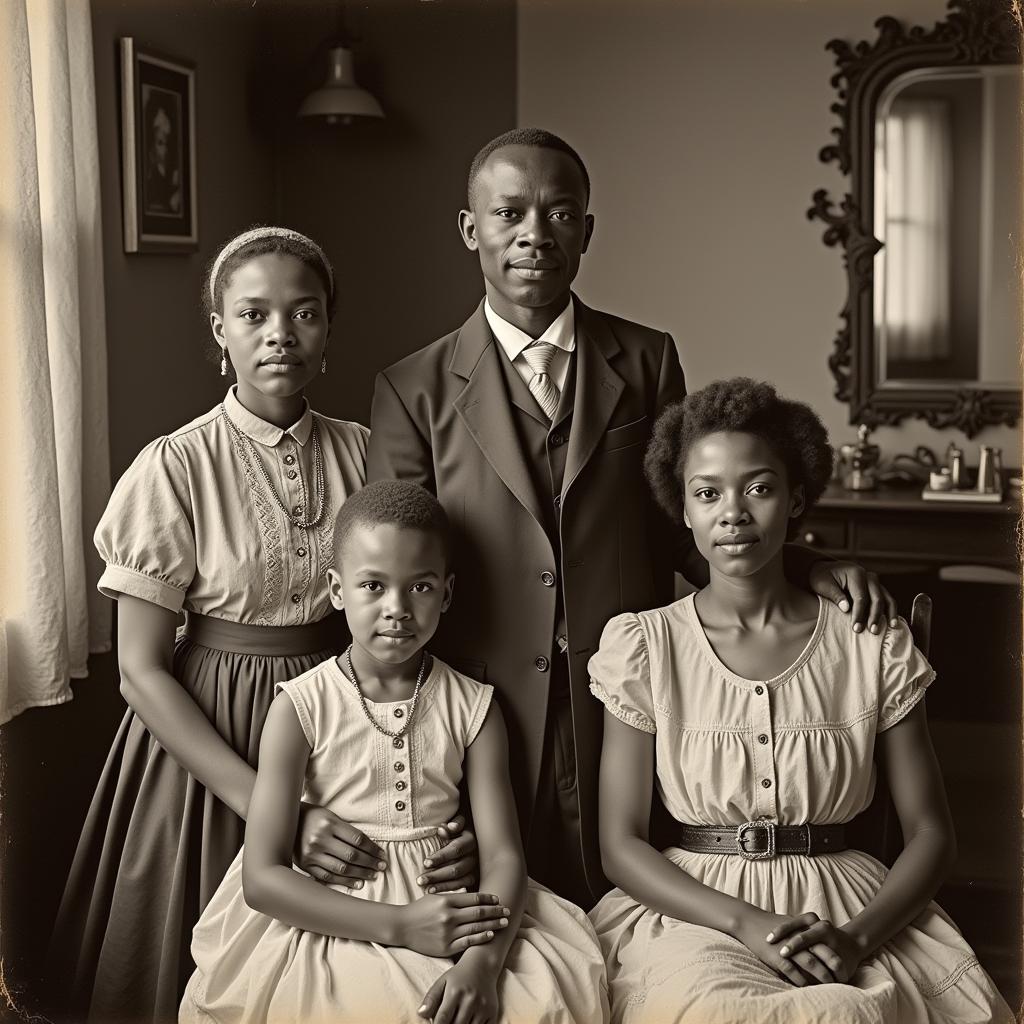1895 in African American History: A Year of Progress and Prejudice
The year 1895 marked a pivotal period in African American history, a time characterized by both significant strides towards progress and the persistent weight of racial prejudice. Sandwiched between the abolition of slavery and the dawn of the Civil Rights Movement, 1895 reflected the complexities and contradictions of a nation grappling with its racial identity. This article delves into the key events and figures that defined the African American experience in 1895.
Booker T. Washington’s Atlanta Compromise Address: A Turning Point
One of the most significant events of 1895 was Booker T. Washington’s Atlanta Compromise address, delivered at the Cotton States and International Exposition. In this controversial speech, Washington proposed that African Americans focus on economic self-sufficiency and vocational education rather than immediate social and political equality.
While lauded by many white Americans, including industrialist Andrew Carnegie, the speech sparked debate within the African American community. Critics, such as W.E.B. Du Bois, argued that Washington’s approach condoned segregation and sacrificed fundamental civil rights.
 Booker T. Washington delivering the Atlanta Compromise Address
Booker T. Washington delivering the Atlanta Compromise Address
The Rise of Jim Crow and the Struggle for Equality
The optimism of Reconstruction was fading fast in 1895 as Jim Crow laws, designed to disenfranchise and segregate African Americans, spread across the Southern states. These laws impacted every aspect of daily life, from access to public facilities to voting rights. The landmark Supreme Court case Plessy v. Ferguson, decided in 1896, further solidified the legal basis for segregation with the “separate but equal” doctrine.
Despite the mounting challenges, African Americans continued to resist oppression and fight for equality. Ida B. Wells-Barnett, a journalist and activist, fearlessly exposed the horrors of lynching, bringing national and international attention to this brutal form of racial terror.
Everyday Life and Cultural Expressions
The year 1895 saw African Americans navigating the realities of a society grappling with racial inequality. Many engaged in sharecropping and tenant farming, while others sought opportunities in urban centers. Despite the hardships, communities found strength in churches, schools, and social organizations.
Cultural expressions flourished as well. The sounds of ragtime, a precursor to jazz, filled the air, and African American literature continued to evolve, reflecting the joys and struggles of the era.
 African American Family in 1895
African American Family in 1895
Conclusion: A Legacy of Resilience and Hope
The year 1895 stands as a testament to the resilience and unwavering spirit of African Americans in the face of adversity. While marked by both progress and prejudice, this pivotal year laid the groundwork for the Civil Rights Movement of the 20th century. The struggles and triumphs of 1895 continue to resonate today, reminding us of the ongoing fight for racial justice and equality.
